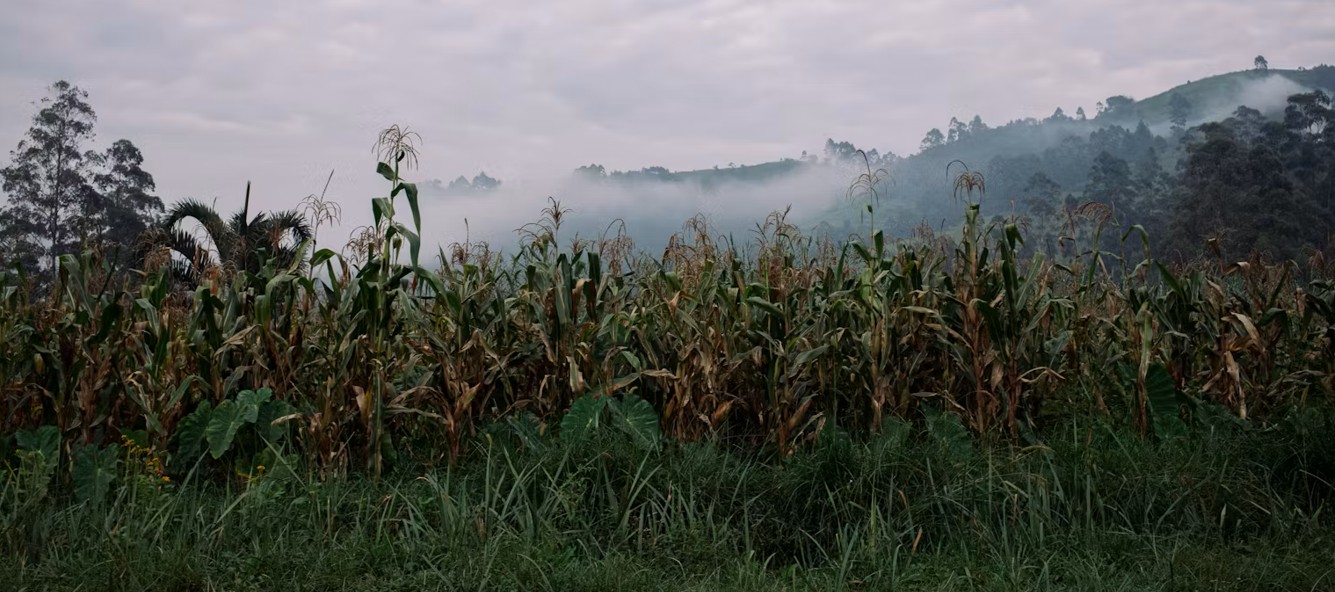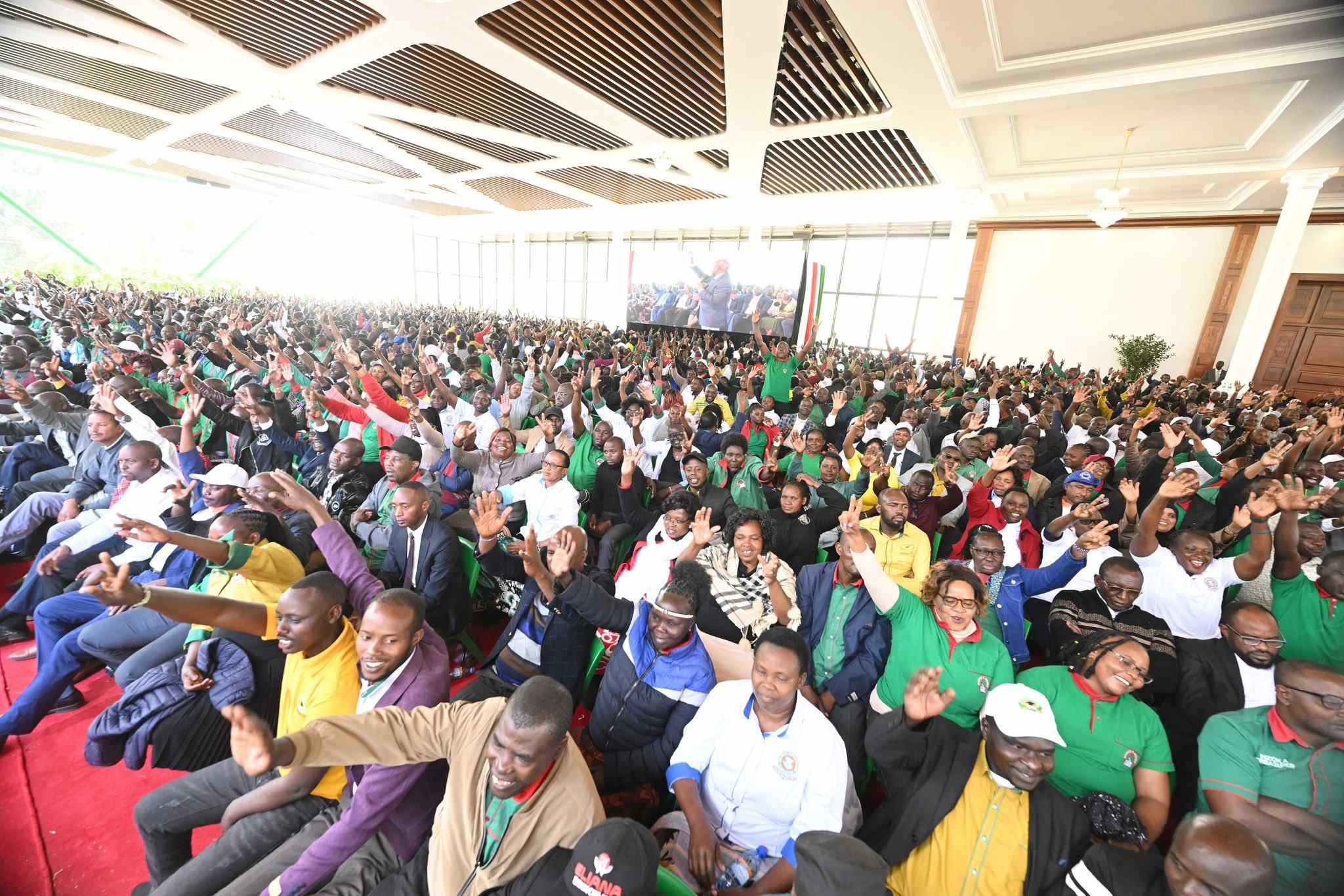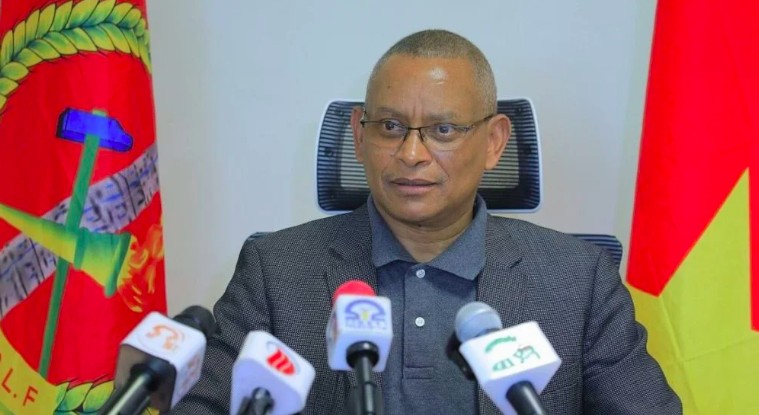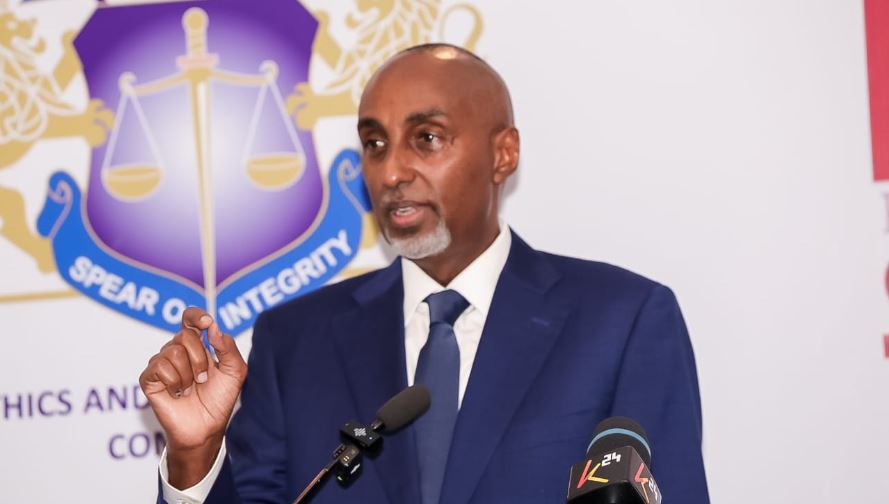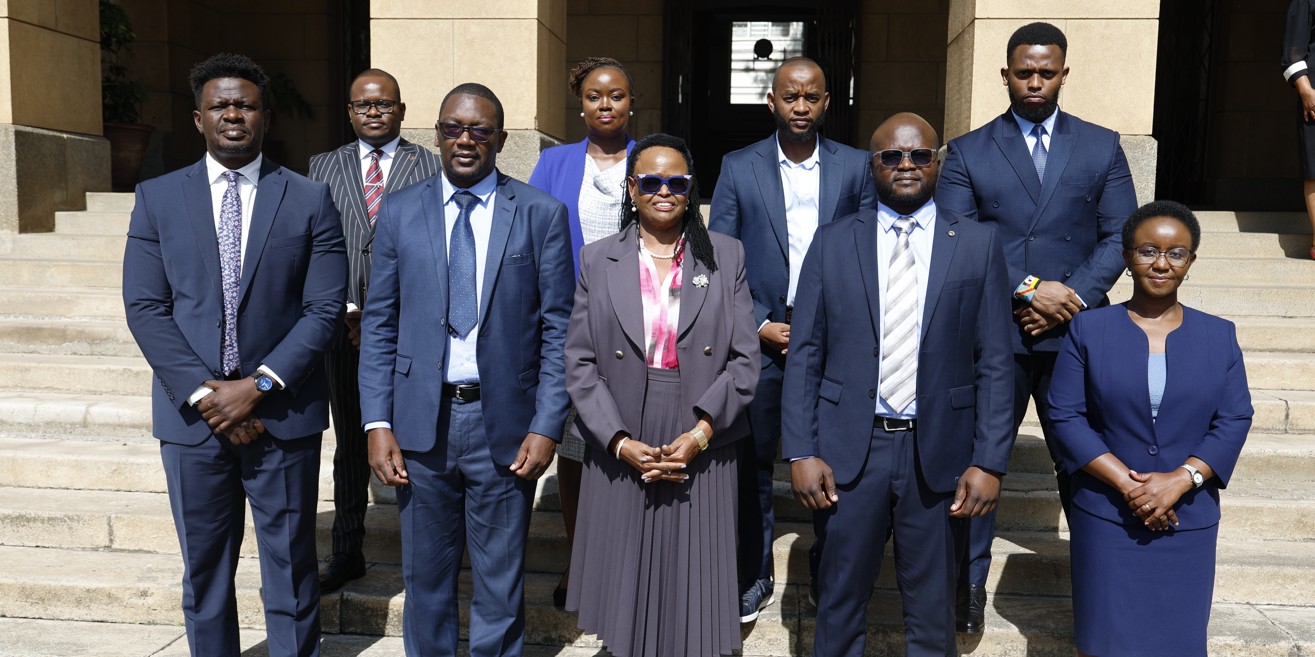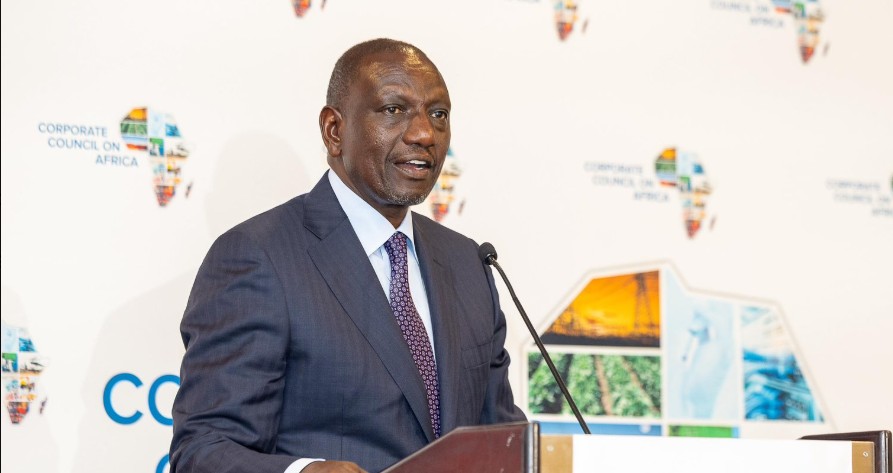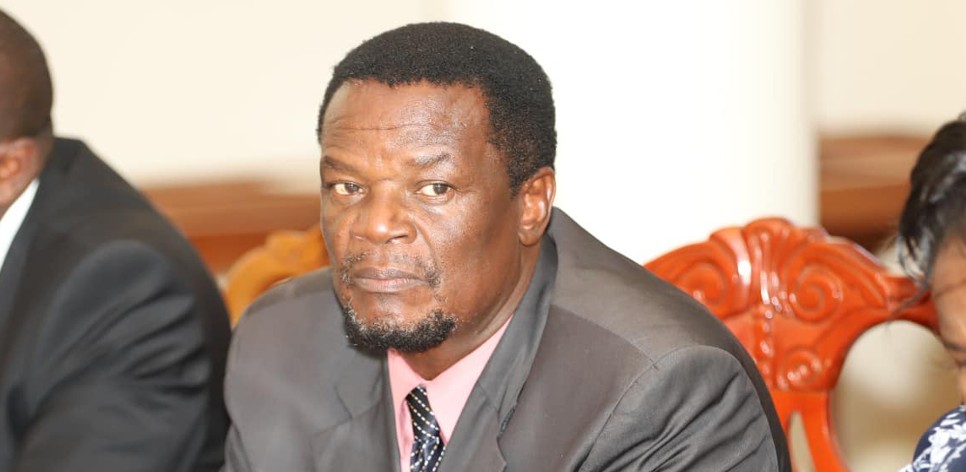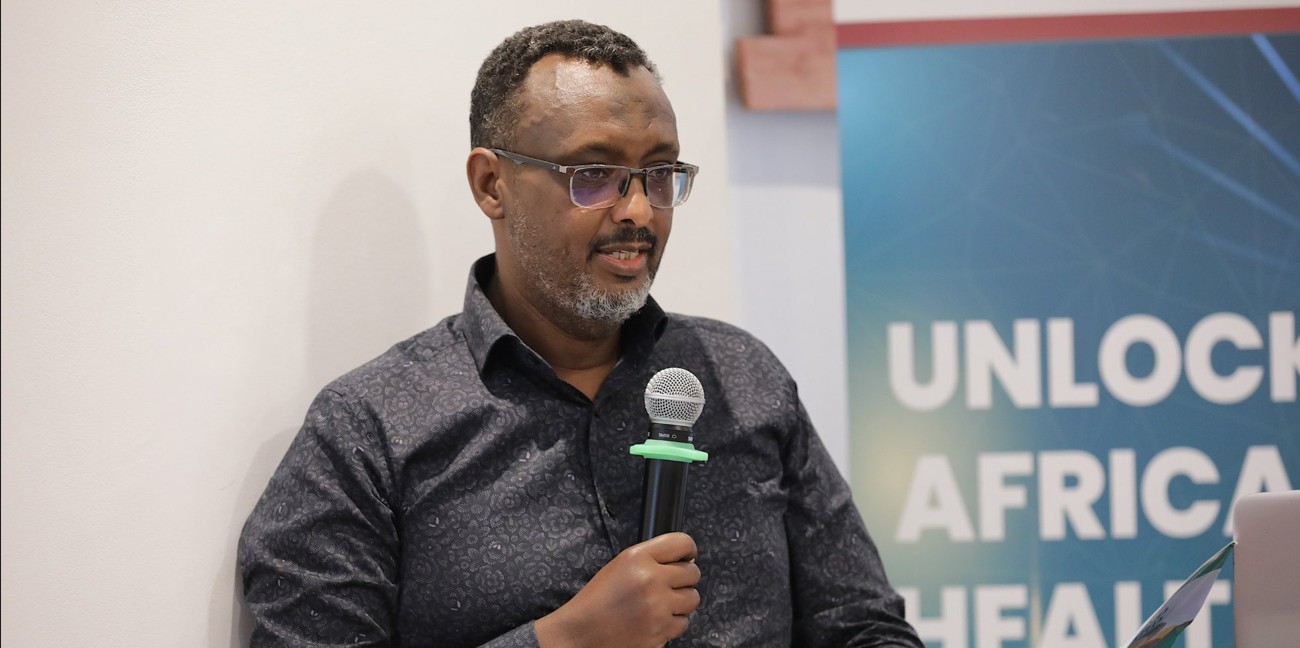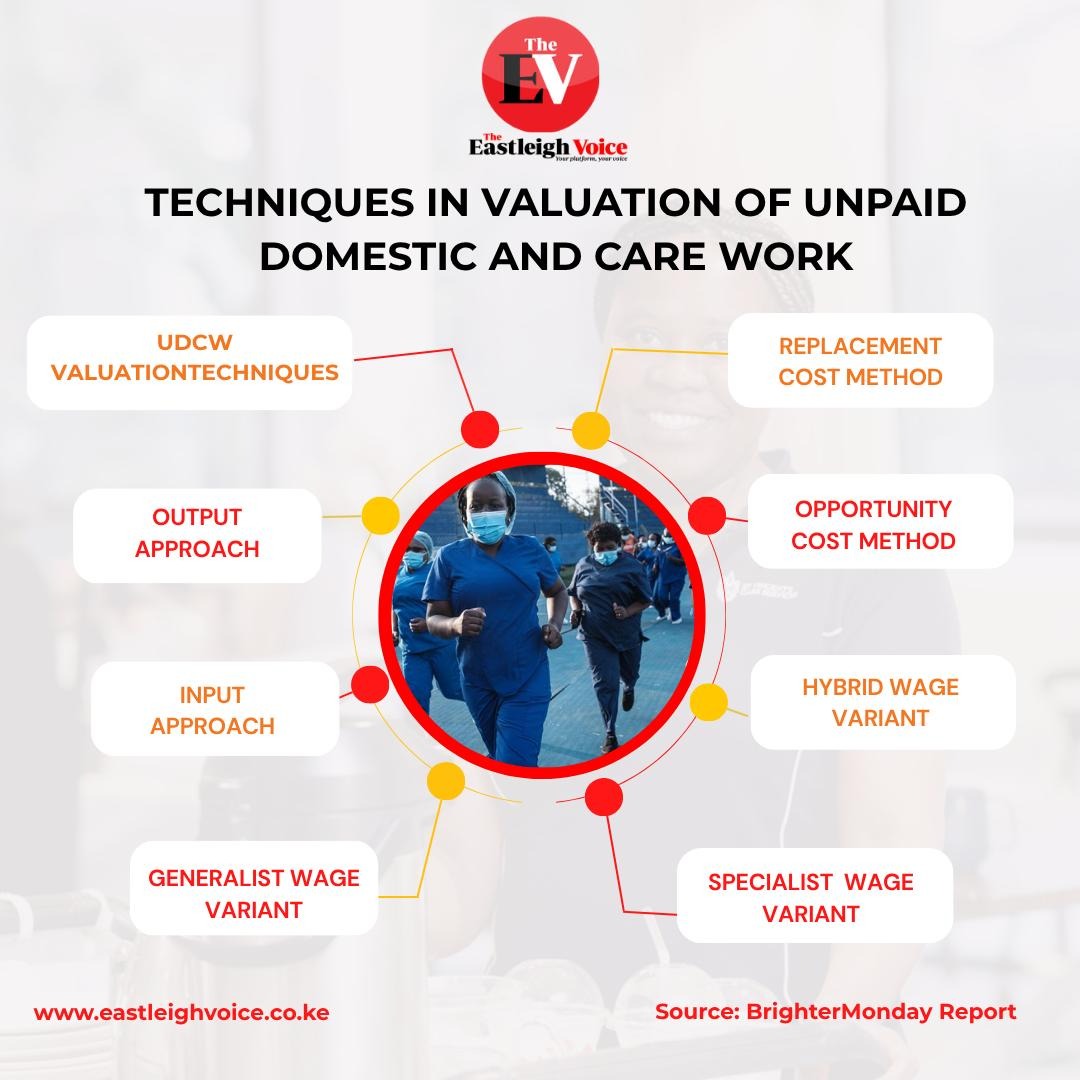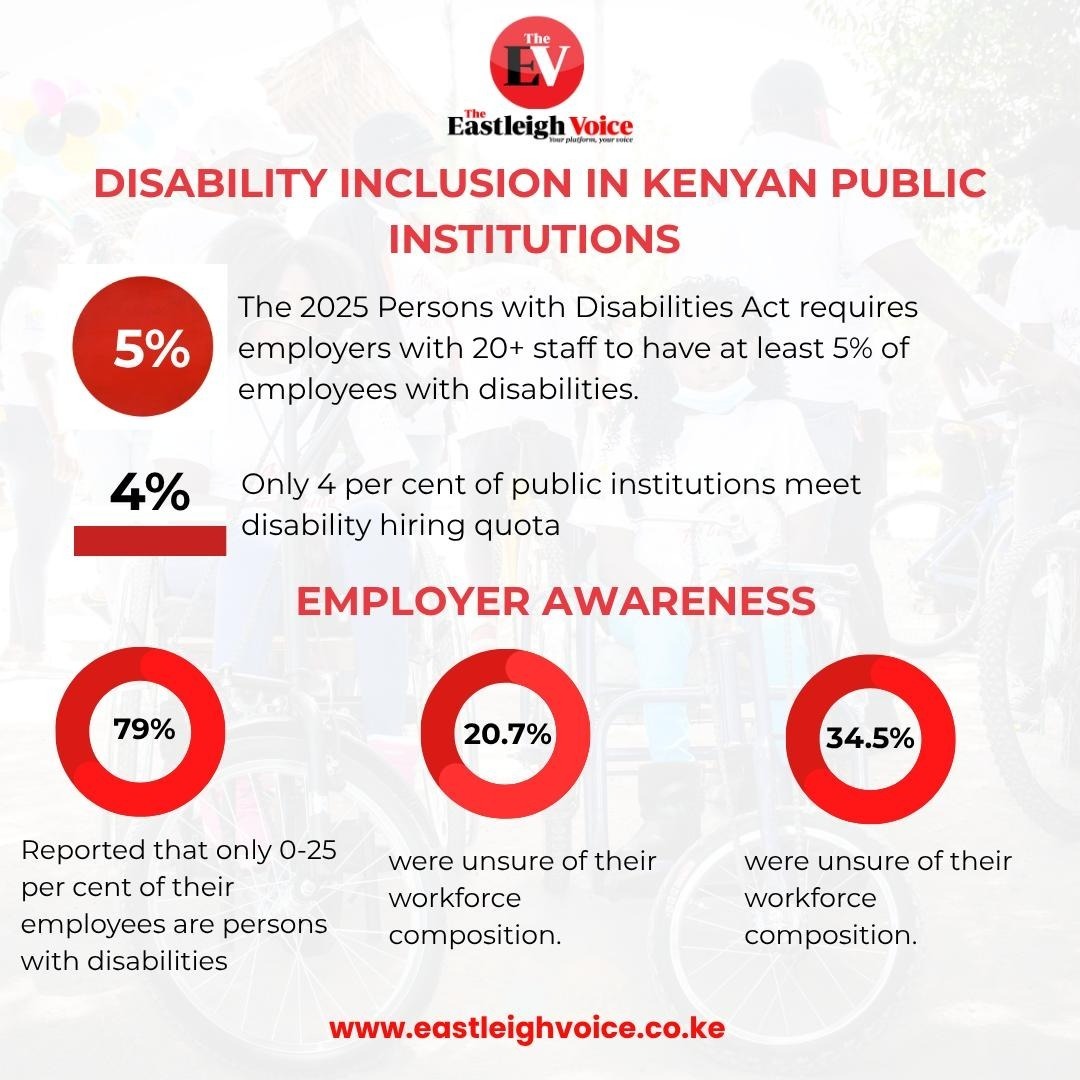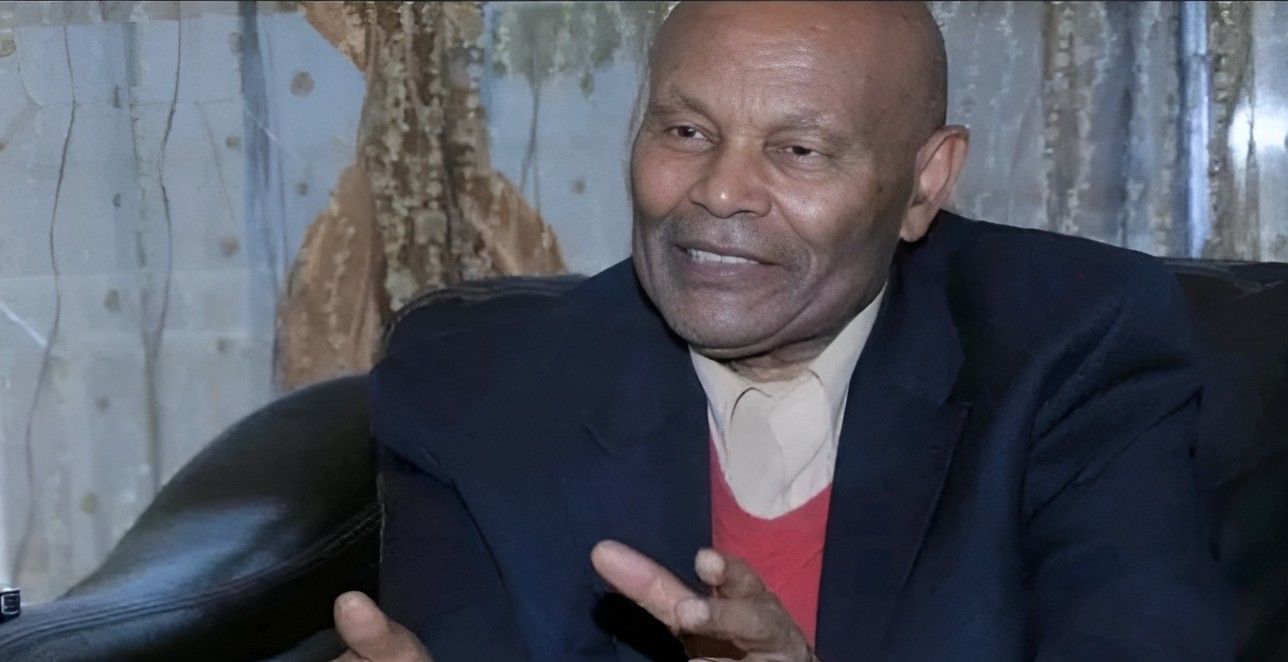Marsabit pastoralists demand consent in land projects, reject deals in the dark
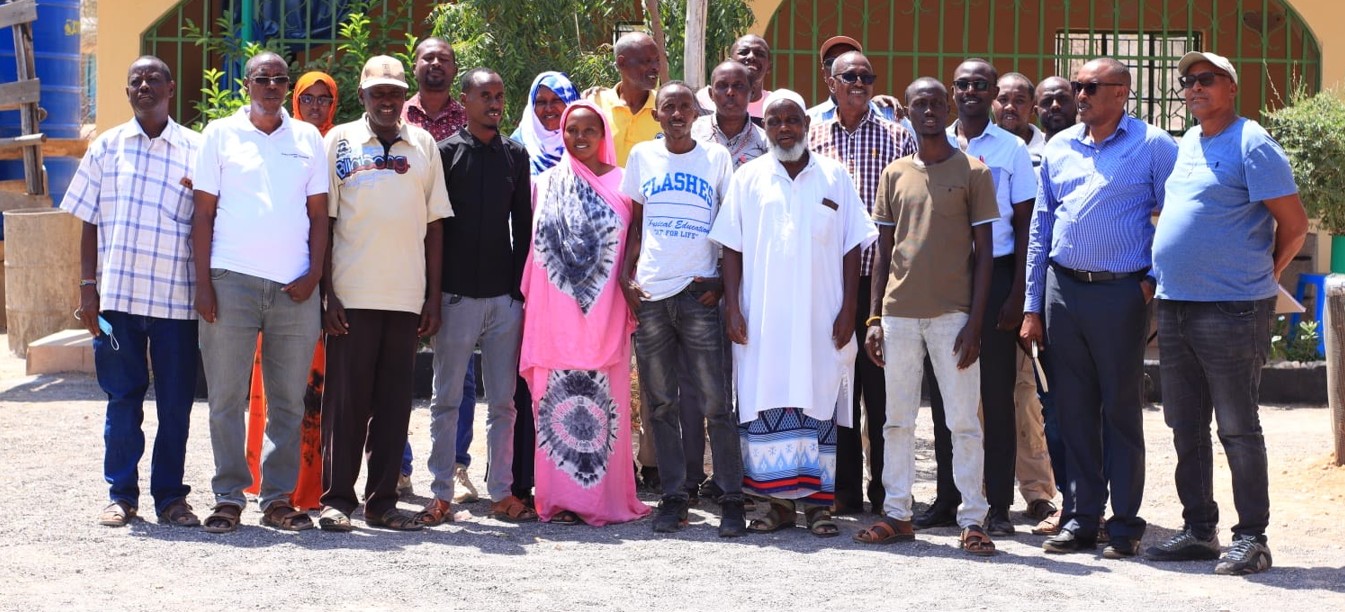
Residents voiced anger over historical land grabs and unfulfilled promises tied to wind farms, carbon credit schemes, and mineral exploitation.
Pastoralist communities in Laisamis, Marsabit County, are demanding that free, prior and informed consent (FPIC) be made a mandatory requirement for all future investments in their region — a step they say is essential to ending decades of exploitation and exclusion.
At an Indigenous Customary Communal Land Rights workshop organised by the Rebuilding Pastoralists Livelihoods (REPAL) organisation, residents voiced anger over historical land grabs and unfulfilled promises tied to wind farms, carbon credit schemes, and mineral exploitation.
More To Read
- Marsabit launches Desert Stars Hub to drive innovation, climate resilience
- Marsabit households get 100 camels in government push to restore livelihoods
- Marsabit medics accuse county of betrayal as salary crisis deepens
- Court dismisses EACC bid to block Sh20.5 million fire engine tender payment
- Father and son killed after grenade exploded at home in Marsabit
- Gov't to review police entry grades in marginal areas, says CS Murkomen
Rev. Joseph Lesioloi, a respected community elder, cited the Lake Turkana Wind Power project as a painful example.
"Hundreds of families lost grazing land in 2017. Our voices were ignored, and promises made to us were never kept," he said.
He underscored the need for grassroots-driven climate solutions:
"Climate justice cannot be imported. It must start with those who live on the land. If we're excluded, the transition is neither green nor just."
Transparency and fairness
Local leaders echoed the call for transparency and fairness.
Daniel Burcha, the Member of County Assembly (MCA) for Laisamis, said investors often sideline communities by negotiating in Nairobi instead of engaging locals.
"Companies rarely engage the real stakeholders. They meet a few elites in Nairobi and call that consent. That's not consultation — it's exploitation," Burcha said.
He warned that FPIC must guide every project, from planning to implementation:
"FPIC is not optional. It's our safeguard."
James Orre, REPAL’s programmes manager, said the workshop was designed to equip residents with critical knowledge, noting that most remain unaware of their international legal rights.
"FPIC is rooted in human rights. No project should begin without the community's full understanding and approval," Orre said.
The Laisamis push reflects broader struggles across northern Kenya — from Laikipia’s land rights campaigns to Turkana’s oil projects, where exclusion from benefits has fuelled unrest.
As the dust settles in Laisamis, one message is unmistakable: development without consent is no longer acceptable.
Top Stories Today
Reader Comments
Trending

